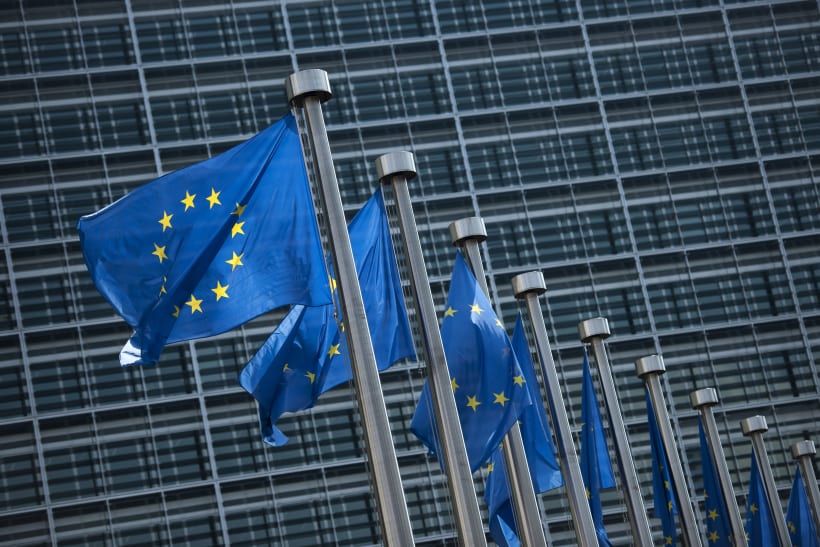A new digital platform will be launched where citizens of the European Union can give their views on what they consider important for the future of the continent, the European Commission, Parliament, and Council confirmed on Wednesday evening.
This multilingual hub, which will go live on 19 April, is part of the preparations by the three institutions ahead of the conference on the future of Europe, of which the inaugural event is expected to take place on Europe Day, 9 May, depending on the evolution of the health crisis.
"With this platform, we are providing the tools to give everyone the opportunity to actively engage in this debate, and we will ensure that these ideas feed into the analysis and conclusions of the conference. It is their future, so it is their conference," said Belgian MEP Guy Verhofstadt, who is one of the three co-chairs of the executive committee.
Related News
- 'Possible link' between AstraZeneca vaccine and rare blood clots, says EMA
- European Commission: Medicines Agency needs to be more transparent
Verhofstadt, who is one of the three co-chairs of the executive committee, added that, especially during this health crisis, digital platforms are necessary to make such debates as lively as possible.
European citizens will be consulted on challenges deemed crucial for the continent, including climate change, economic and social issues, digital transformation, democratic strengthening of the EU institutions, not to mention the lessons to be learned from the pandemic.
A specialised feedback mechanism will collect and analyse the main points and ideas raised, and these will also be taken into account during the citizens' panels and plenary sessions of the conference.
The platform is also expected to be the central hub of the conference, where “all contributions will be gathered and shared, including decentralised events, European citizens' panels, and conference plenaries," according to a statement from the institutions.
An "events map" of sorts will be offered to citizens, offering them a catalogue of key events to allow organisers to promote their initiatives at local, regional, national, and European levels.
Due to the coronavirus pandemic, the conference was delayed by one year.
Lauren Walker
The Brussels Times

